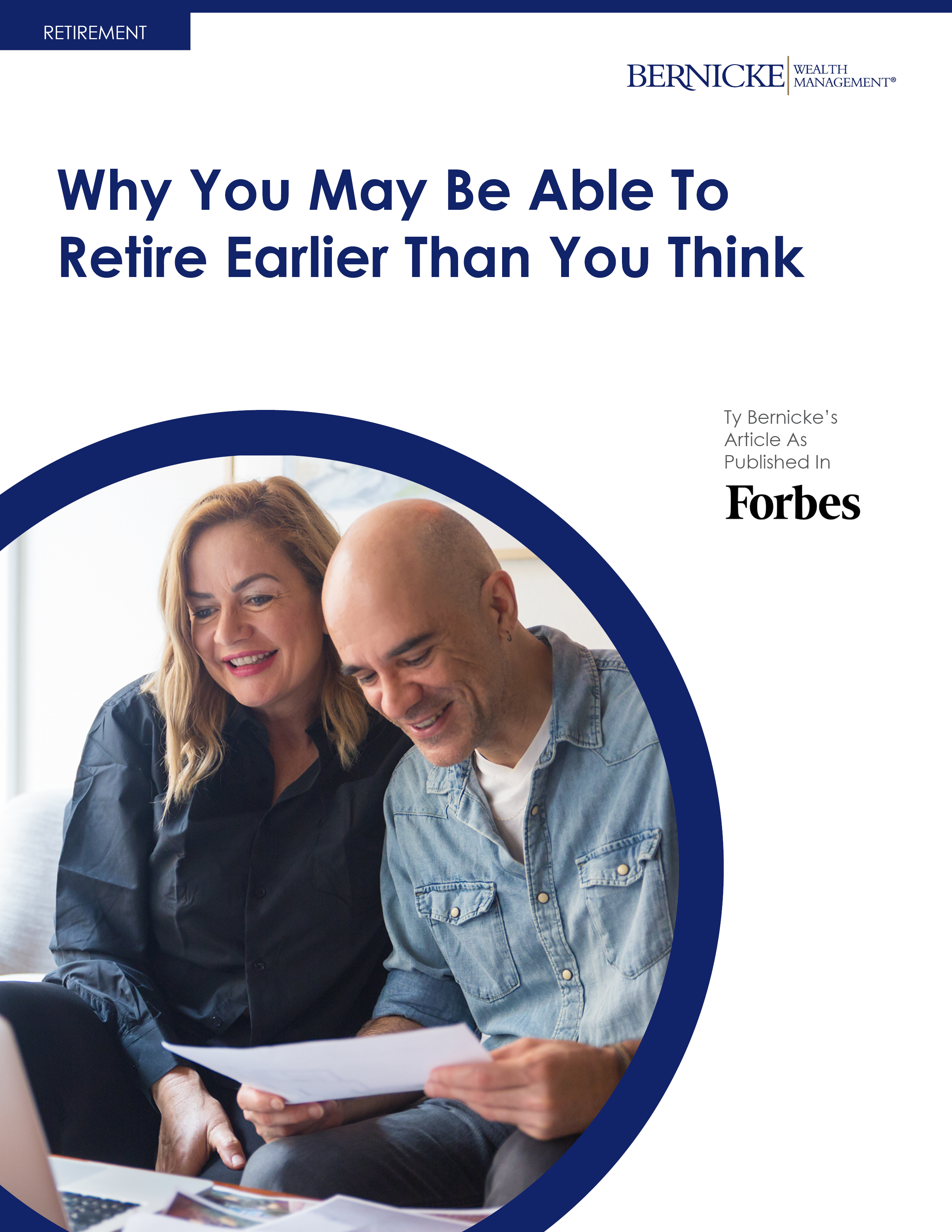Affordable health insurance is one of the biggest obstacles preventing people from early retirement. The health insurance gap from retirement to Medicare starting at age 65 can be expensive for those who do not have retiree health insurance provided to them by a former employer. The reason health insurance is frequently expensive for many people has less to do with the health insurance and more to do with poor planning.
This lack of planning ahead can oftentimes lead to expensive health insurance because many people who retire before age 65 will use MNsure insurance (also known as Affordable Care Act (ACA) before Medicare starts. Presently 30 states have ACA insurance available, while 20 states (including Minnesota and the District of Columbia) have state-run health insurance programs. The cost you will pay for the MNsure state-run health insurance programs can be heavily influenced by your household’s modified adjusted gross income (MAGI). The higher your household’s MAGI, the greater the cost of your health insurance. For simplicity’s sake, the remainder of this article will focus on strategies designed to reduce MNsure insurance costs for retirees younger than 65.
The reason MNsure insurance costs increase as MAGI increases can be attributed to tax credits. Tax credits are the government’s way of providing lower-cost insurance to people with lower incomes. The lower your MAGI, the greater the amount of tax credits you receive, and these tax credits can be used to offset the cost of your MNsure health insurance in retirement. Fortunately, many strategies can be used to reduce your MAGI without compromising your spendable income in retirement. Unfortunately, many people delay this type of planning until after retirement, which significantly reduces the benefits.
To understand how to decrease your MNsure insurance costs without compromising your spendable income before age 65, it is essential to understand what counts as MAGI and what does not count. The following is a partial list of income streams that count and do not count toward modified adjusted gross income:
What Increases Your MAGI:
Distributions from traditional individual retirement accounts (IRAs), and 401(k) and 403(b) plans
Gains from appreciated investments
Dividends and interest income
What Does Not Count Against MAGI:
Social Security, pensions, and traditional IRA distributions all count toward your MAGI, potentially increasing your MNsure health insurance cost in retirement. We call these income streams “MNsure unfriendly.” Qualified distributions from Roth accounts, bank accounts, and the basis of appreciated investments do not count as MAGI. We call these investments “MNsure friendly.”
Now that you understand some basic principles behind various income streams, you can develop your strategy using a three-step approach.
Step 1
First, determine the cost of MNsure insurance at various income levels by going to mnsure.org or talking with a health insurance agent who focuses on MNsure insurance. The cost of purchasing MNsure insurance through an agent is typically the same as buying it yourself through mnsure.org. The benefits of using a knowledgeable agent can include simplicity, knowledge, and service you will not receive if you attempt to do this on your own.
Step 2
Once you understand your MNsure insurance costs at various income levels, it is essential to determine how much income you will need to live comfortably before you begin taking Medicare at age 65.
Step 3
Once you have determined your income needs, it is important to develop a plan to provide you with the lifestyle you desire while minimizing your MNsure insurance costs by controlling your MAGI. Achieving this goal may entail increasing contributions to the MNsure-friendly investments, providing income that does not count toward MAGI. Another consideration may include delaying Social Security and pension income until after you start Medicare, as these income sources count toward MAGI. IRA conversions to Roth IRAs in advance of retirement can also make sense in certain situations. Ultimately, it is important to ensure you are allocating enough money to the MNsure-friendly investments so they will provide you with ample income before you are eligible for Medicare at age 65. Ensuring you have the appropriate amounts in the MNsure-friendly investments can take time, which is why we encourage people to consider this well in advance of retirement.
In Summary
There are a variety of ways to create a retirement strategy that will provide you with affordable health insurance prior to Medicare without having to compromise your spendable income in retirement. To achieve this goal, it is important to take an inventory of what you will need for spendable income and compare it to your available future income sources. This practice will help you determine the types of investments to allocate your retirement funds. Considering the implications of the kind of investments you are contributing to in advance of retirement can provide you with the time needed to develop the appropriate amounts required to maintain your lifestyle while minimizing unnecessary MNsure insurance costs.
This is an updated version of Ty Bernicke’s article originally published in Forbes on July 29, 2021.
The use of Ty Bernicke’s research or publication of articles he has written does not indicate an endorsement of his work as an Investment Advisor. The publications did not receive compensation for publishing Mr. Bernicke’s work.
The views expressed represent the opinion of Bernicke Wealth Management. The views are subject to change and are not intended as a forecast or guarantee of future results. This material is for informational purposes only. It does not constitute investment advice and is not intended as an endorsement of any specific investment. Stated information is derived from proprietary and nonproprietary sources that have not been independently verified for accuracy or completeness. While Bernicke Wealth Management believes the information to be accurate and reliable, we do not claim or have responsibility for its completeness, accuracy, or reliability. Statements of future expectations, estimates, projections, and other forward-looking statements are based on available information and Bernicke Wealth Management’s view as of the time of these statements. Accordingly, such statements are inherently speculative as they are based on assumptions that may involve known and unknown risks and uncertainties. Actual results, performance or events may differ materially from those expressed or implied in such statements. Investing in equity securities involves risks, including the potential loss of principal. While equities may offer the potential for greater long-term growth than most debt securities, they generally have higher volatility. International investments may involve risk of capital loss from unfavorable fluctuation in currency values, from differences in generally accepted accounting principles, or from economic or political instability in other nations.



